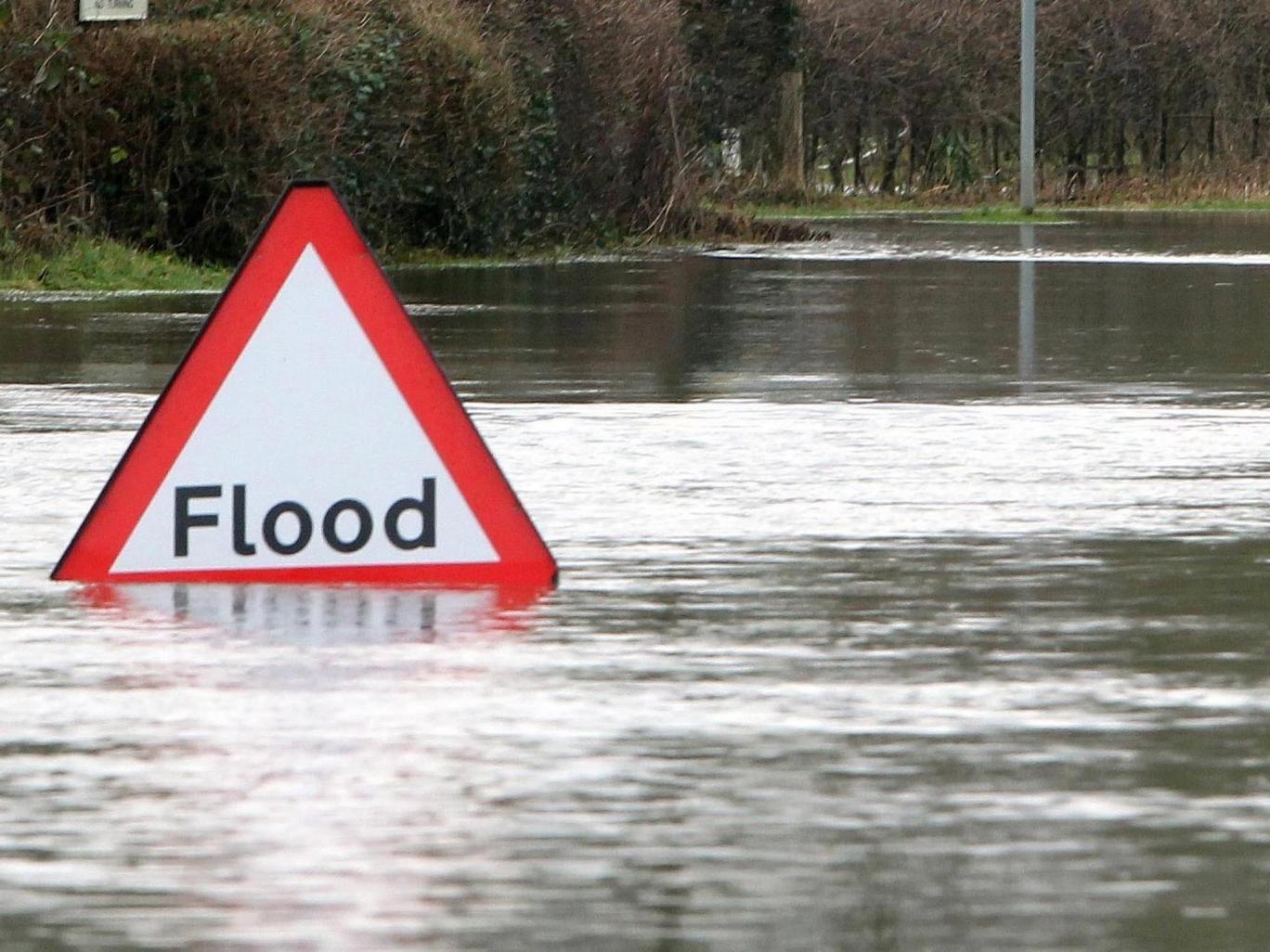Fancy going to Accident and Emergency with conjunctivitis. I mean, what kind of feckless, ignorant type would do that?
That was the sort of attitude I felt from the handful of medical staff I encountered there early on Saturday morning. It wasn’t even bad conjunctivitis, and actually it wasn’t even mine: it was my nine-year-old’s.
But when your child’s eyes swell up in the early hours of Saturday and they are tearing at them with their fingers, you have to do something. It isn’t as if you can wait until Monday morning for the surgery to open.
So what were my options? The GP surgery here was firmly shut. Not even an hour for urgent queries.
What I know I’m supposed to do is to dial 111 and they will deal with this kind of minor health issue that is urgent but not crucial. The trouble is, they wouldn’t. They told us that, to get any kind of attention, “it has to be life-theatening”.
The lady on reception at the accident department at the local hospital was extremely helpful and told me this was nonsense. The nurse told me I would have to stay there in order to get a prescription. In the end, I stayed for two wasted hours, as the sick and lame filled up the waiting room and jumped the queue ahead of us – as clearly they should have done.
Then someone came in with very serious conjunctivitis, her eye swollen to vast proportions. This happened to coincide with my parking meter running out, so we legged it.
I was rescued by a community pharmacist, God bless him. I should have gone there to start with, but have had so many disapproving conversations with pharmacists in recent years telling me all the things I shouldn’t do to treat my child but explaining that they were nonetheless powerless to help.
I could also have told the 111 service that it was an allergic reaction, but why should I have to lie?
But let’s just analyse this for a moment. Because, when accident departments are overwhelmed, these issues are important. The real problem here was the failure of the 111 service contracted out to Harmoni (part of Care UK) to do their job properly, which is to replace the GP service at weekends.
I have no problem in principle with contracted out services, but note that the contracts tend to be won by companies whose main skill is the delivery of target data to their commissioners. Since commissioners – like central government policy-makers – are completely blind to the difference between good data and good services, this is a problem.
The difficulty isn’t therefore so much the privatisation of the NHS; it is the concomitant growth of American contract culture, which sets out complex deliverables which can be blurred – broadening the definitions and narrowing the mandate – so that they can maximise their profit on a tightening budget.
Hence you get a 111 service which simply replicates the emergency service, which is utterly pointless and succeeds in spraying extra costs around the system.
I have every sympathy with the government wanting to shape a seven-day a week NHS. But I find it strange that they are fighting to the death with the hospital doctors, when the real impact would come from making primary care work seven days a week effectively without humiliation.
I speak as one who has experienced the Croydon out of hours service, run at one time by a subsidiary of Virgin, where the service shared an atmosphere with the Raft of the Medusa.
This the government has signally failed to do, and has failed since the Blair years and the new GP contracts brought in so disastrously in 2004.
What we need to happen is for Whitehall to wake up to the big gap between the data and the service quality – a kind of Emperor’s New Clothes distinction. But what can possibly make them aware of that?














